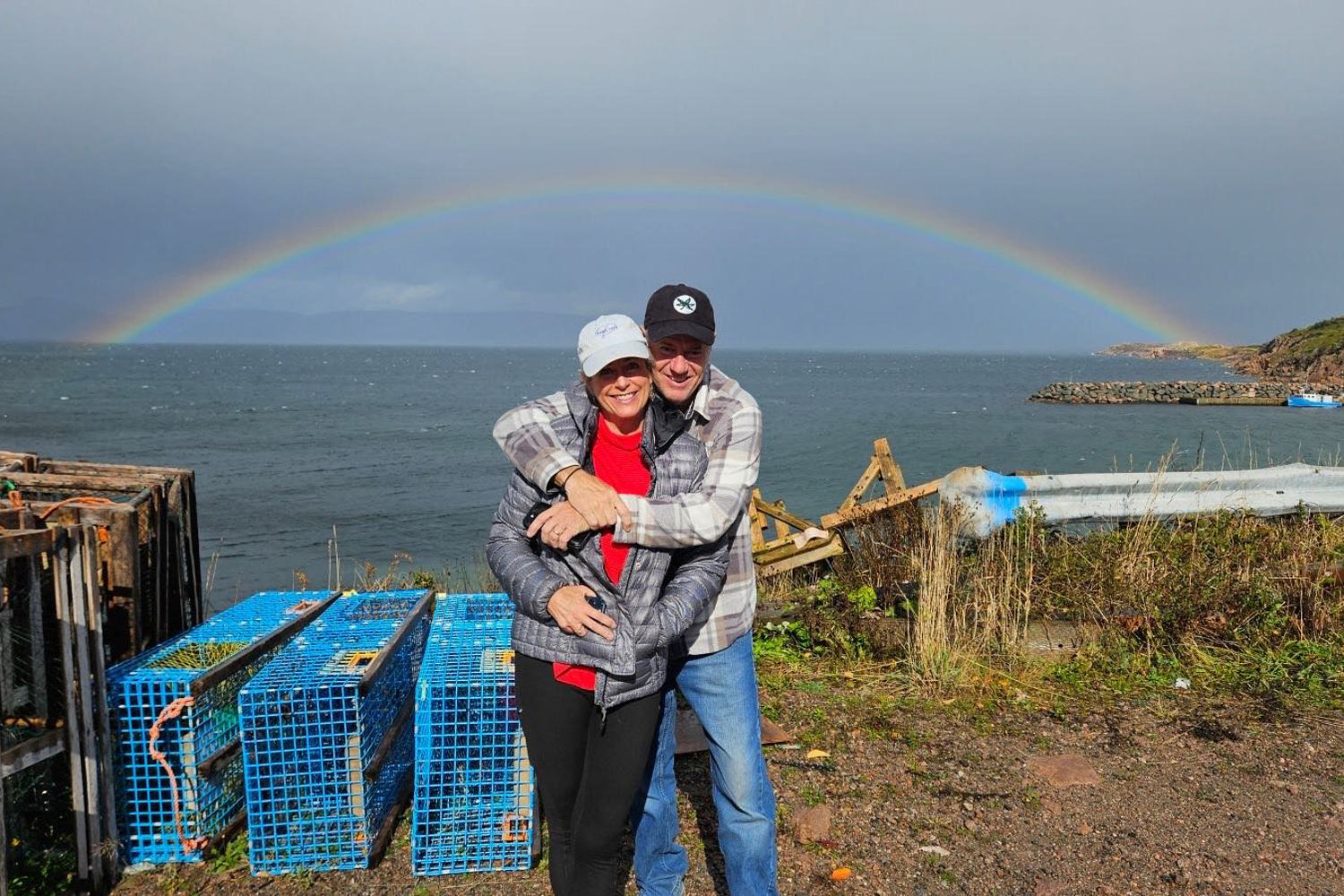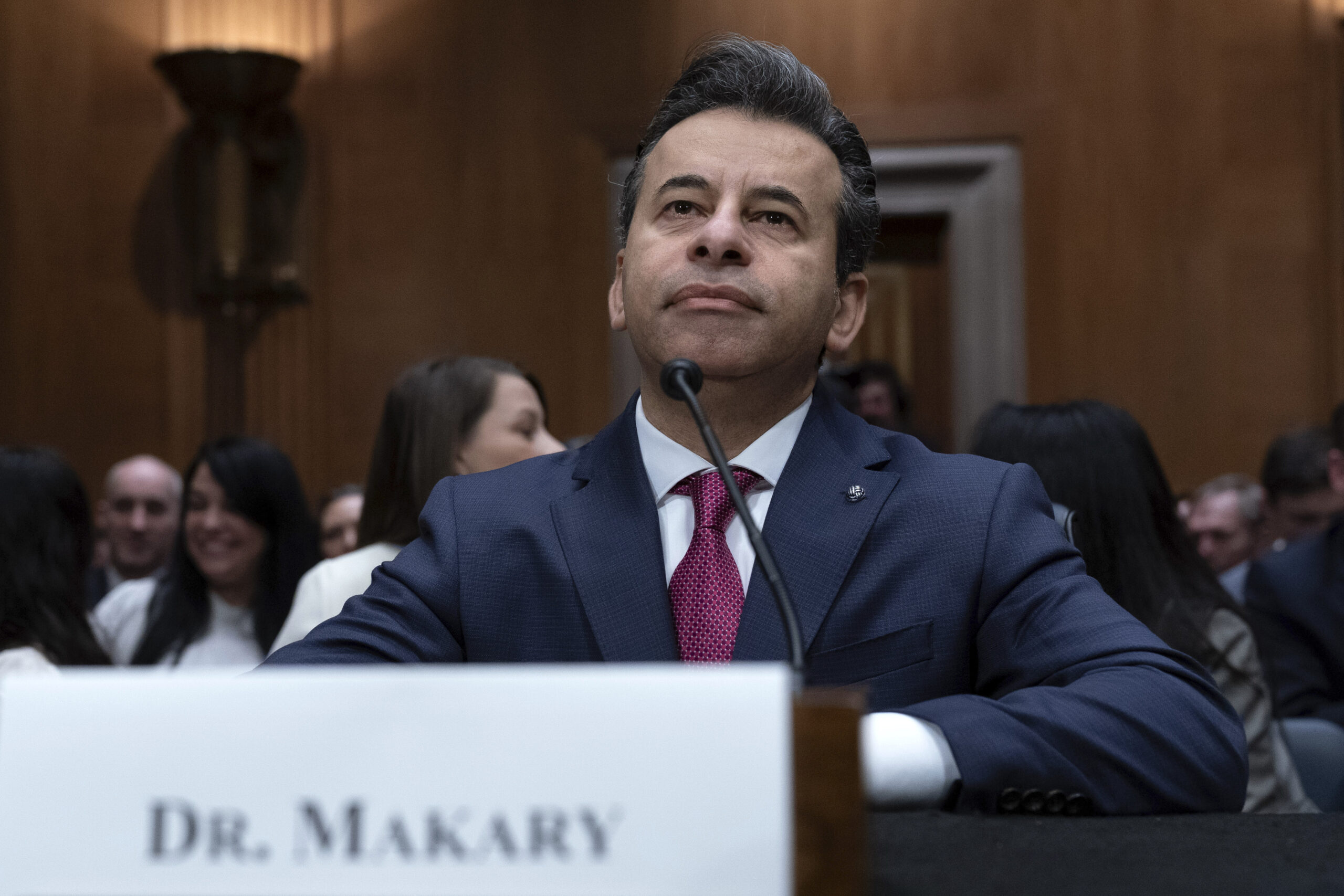
A combination drug treatment doubled survival time for patients with an aggressive form of colorectal cancer, according to late-stage trial data published Friday in The New England Journal of Medicine and presented at the American Society of Clinical Oncology’s annual meeting in Chicago.
The three-treatment combination included a standard chemotherapy drug, an antibody drug called cetuximab and a pill from Pfizer called Braftovi, which targets a cancer mutation called BRAF V600E.
The mutation shows up in about 10% of patients with colorectal cancer, said Dr. Lionel Kankeu Fonkoua, a gastrointestinal oncologist at the Mayo Clinic Comprehensive Cancer Center in Rochester, Minnesota. Patients with the mutation tend to survive for less than a year after diagnosis, and they often don’t respond well to standard chemotherapy treatments, said Fonkoua, who wasn’t involved with the new trial.
According to Pfizer, the risk of death for these patients is more than double compared with those without the mutation.
Braftovi was initially approved in 2020 to be used with cetuximab in this group of patients after other treatments had failed. The new trial looked at the drug combination as a so-called first-line therapy.
The Food and Drug Administration granted the treatment fast-track approval as a first-line approach in December on the condition that Pfizer provide additional data confirming its effectiveness. The agency often grants fast-track approval to treatments that address serious or life-threatening conditions, especially when there’s an unmet medical need.
Dr. Christopher Lieu, a professor of medicine at the University of Colorado School of Medicine who wasn’t involved with the research, called the results “very impactful.”
“Patients are clearly living longer, and this represents the new standard of care for this specific subset of patients with this specific mutation,” Lieu said.
The trial included more than 600 patients with the mutation who had metastatic colorectal cancer.
Patients were randomized to get either the three-drug combination treatment or standard chemotherapy alone. Some of the patients in the latter group were also given bevacizumab, a first-line treatment for metastatic colorectal cancer.
The trial found that patients who got the combination treatment lived, on average, about 30 months, compared with about 15 months for those who got standard chemotherapy, with or without bevacizumab.
What’s more, 47% of patients who got the combination treatment had no disease progression after two years, meaning their cancer didn’t grow or spread.
The treatment was well-tolerated, with no unexpected safety concerns that would’ve caused investigators to stop the trial.
“This is a really remarkable finding,” said Dr. Scott Kopetz, a professor of gastrointestinal medical oncology at the MD Anderson Cancer Center in Texas and a co-principal investigator in the trial. “When we bring this together with standard of care chemotherapy, we get really substantially prolonged survival for these patients that are really unprecedented for this disease type.”
More than 141,000 new cases of colorectal cancer are diagnosed in the U.S. each year, making it the fourth most common cancer, according to the Centers for Disease Control and Prevention. About 52,900 people in the U.S. are expected to die from colorectal cancer this year, according to the American Cancer Society.
Laurie Ritchie, 61, of St. Louis, got the combination treatment in October 2023. Her results weren’t included in the clinical trial analysis.
Ritchie had been diagnosed with metastatic colorectal cancer with the BRAF mutation — a diagnosis she describes as “a huge shock.”
Previous colonoscopies hadn’t detected cancer; by the time she was diagnosed, the cancer had already reached Stage 4. It eventually spread to her lungs and ovaries. Since she got the combination treatment, she said her blood tests have consistently shown no trace of cancer.
While she still worries about the cancer coming back, she says she’s now focused on living fully — including going water skiing and downhill skiing.
“I’ve kind of learned to think of it as something in the trunk, not in the front seat,” she said. “It still feels a bit like a ticking time bomb inside me, but I think the work I’ve done on my mental health has really helped me live with it.”








